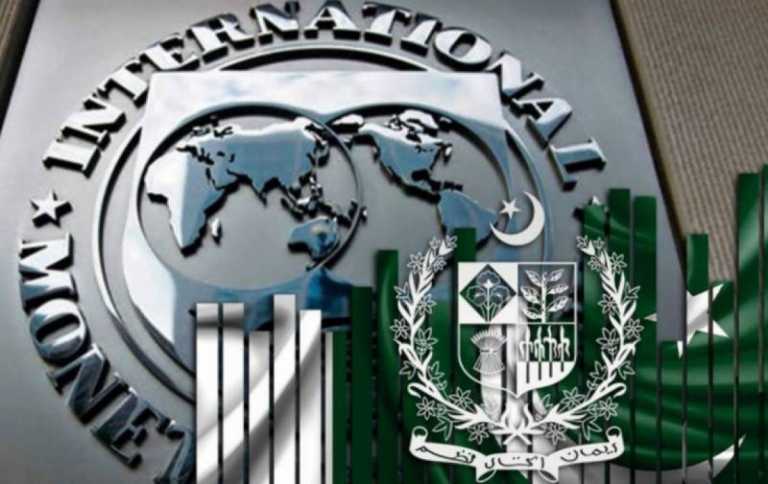LAHORE – Resumption of International Monetary Fund’s (IMF) stalled programme during the current month is highly unlikely as the global lending agency has issued agenda of its meetings scheduled to be held till June 29 and Pakistan’s 9th review is not a part of that.
IMF has criticized Pakistan for missing the opportunity to broaden the tax base and a new amnesty scheme in the budget for fiscal year 2023-24. It suggests that the IMF can go for not releasing funds under its bailout programme.
According to the Bloomberg, such scenario will cause a severe dollar shortage in the first half of the coming fiscal year and then increase possibilities of a default. The other consequences can be lower growth, higher inflation and increase in interest rates.
Pakistan will need to pay around $900 million in debt and as such the reserves will fall by June-end unless the IMF aid comes.
Pakistan needs to repay an additional $4 billion during the first half of the fiscal year 2023-24 which cannot be rolled over.
Bloomberg reported that default seems highly likely as foreign exchange reserves will be below $4 billion at the start of fiscal 2024.
As per the Bloomberg, Pakistan will have to keep import restrictions in place and increase rates above the current level of 21% for conserving foreign exchange reserves. The higher rates will also increase the government’s debt servicing costs.









